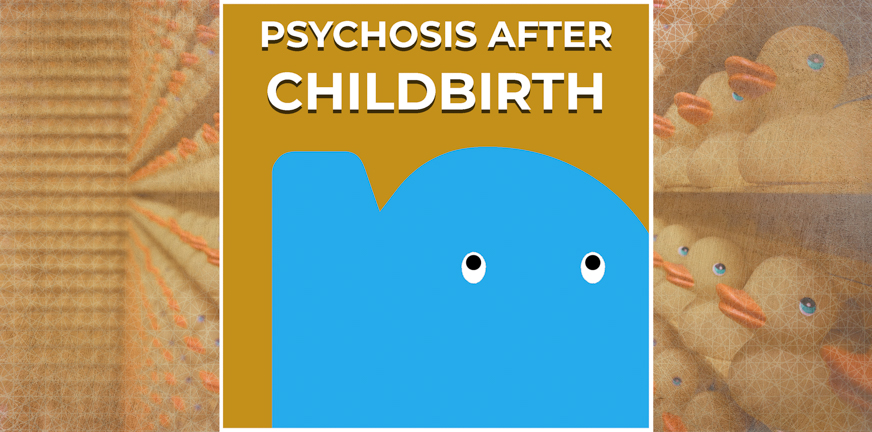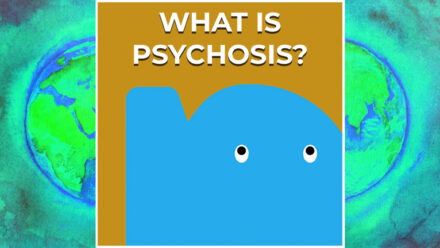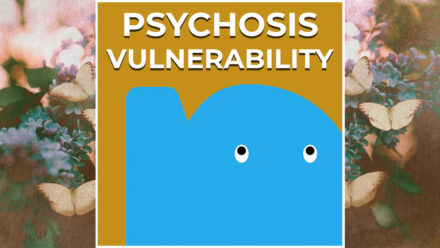
A mother can develop psychosis right after childbirth. This is traditionally called postpartum (‘after-birth’) psychosis. Today it also goes by the names of ‘puerperal psychosis’ or ‘postnatal psychosis’.
How postpartum psychosis develops
This particular kind of psychosis is not that different from a ‘regular’ psychosis. The main difference is in the trigger: pregnancy and the birth of a child. It has been hypothesized that this form of psychosis develops because of substantial changes in the mother´s immune system that occur when the baby is born – however this is not backed by conclusive scientific evidence.
What other people notice about the mother
The mother is more than usually troubled by:
- Signs of mania or depression:
- Restless and nervous behaviour
- easily irritated
- Difficulties sleeping
- Mood swings
- Thoughts that start to get out of hand. These thoughts can cause:
- Confusion
- Hallucinations
- Increased chance of aggression (towards the baby or others)
- Suicidal ideas
The course of postpartum psychosis
Sometime between three days and four weeks after giving birth, the psychosis can develop. Quitting breastfeeding can also cause postpartum psychosis. The delusions that the mother has during psychosis are often related to the baby. When the mother is very anxious, for instance because she is convinced that somebody is going to take away her baby, she will protect her baby at all cost.
Care for mother and child: the POP clinic (Psychiatry, Obstetrics, Pediatrics)
Pregnancy and having a child is a very special and emotional experience. When the mother becomes psychotic in this situation, treatment is very important. In this situation, it is especially important to pay attention to both mother and her baby, but also to her partner and family. There are specialised health centres that can provide this special care. These clinics are called Mother and Baby (M&B) Clinics: knowledge centres that combine psychiatry, obstetrics (the field of pregnancy and childbirth) and pediatrics (children’s healthcare) . In a M&B clinic there is room for mothers with a psychological vulnerability or condition. And an extra eye is kept on the baby and the other family members.
Treatment
Studies show that most mothers who have postpartum psychosis, do not have a history of mental vulnerability. This means that a postpartum psychosis can come as a complete surprise. In the best interest of the mother, baby and other family members, and because of the seriousness of the situation, treatment is usually required. Fortunately, such treatment often has a positive effect. In most cases, the mother bonds well with the child after completion of the treatment.
Research
You can find more information and support (in English and Spanish) on postpartum.net.




